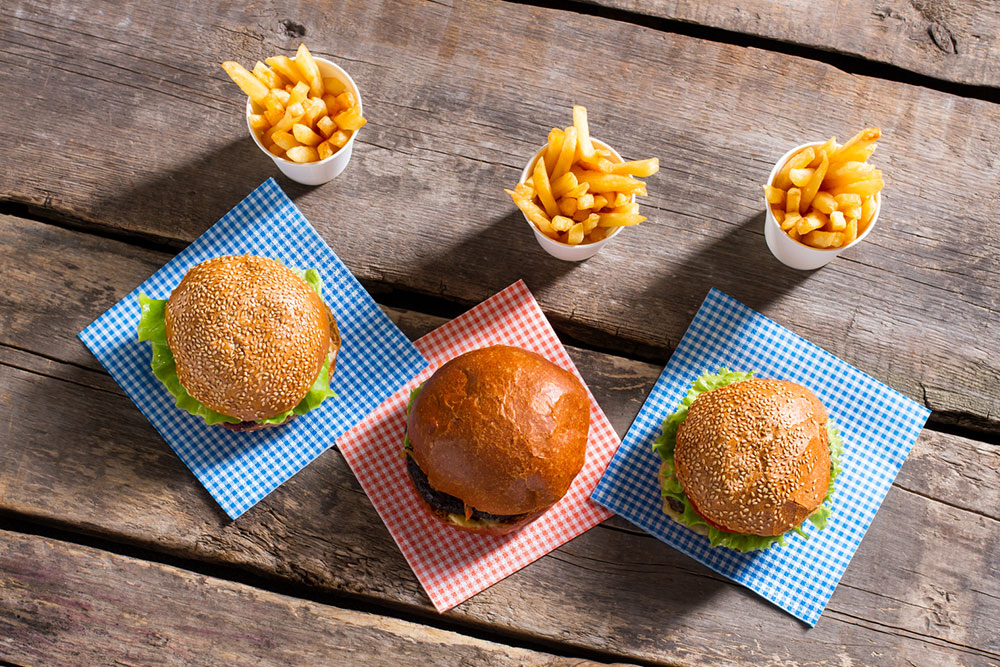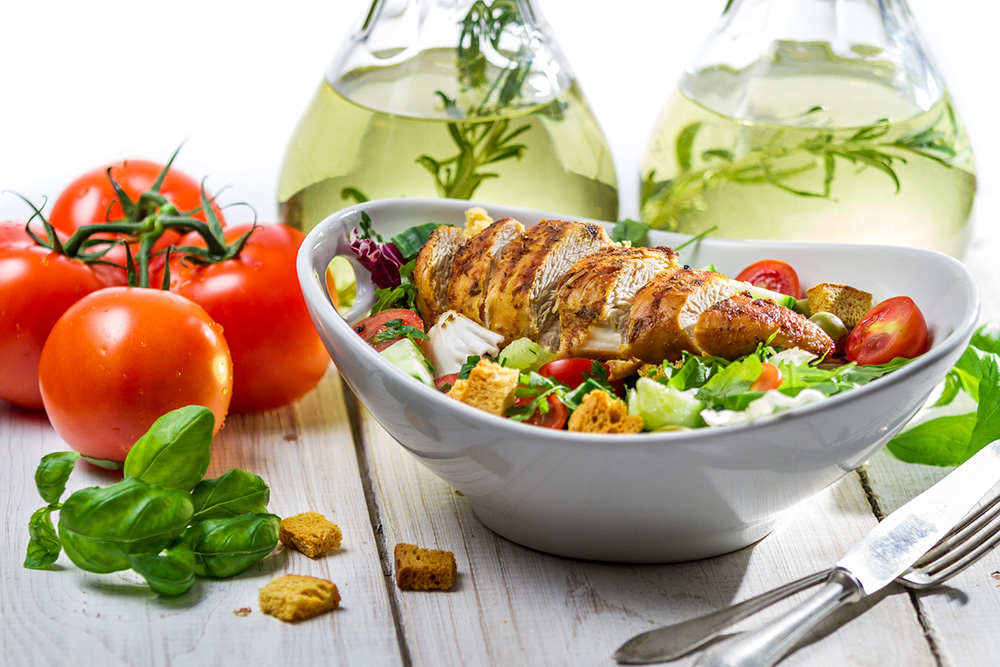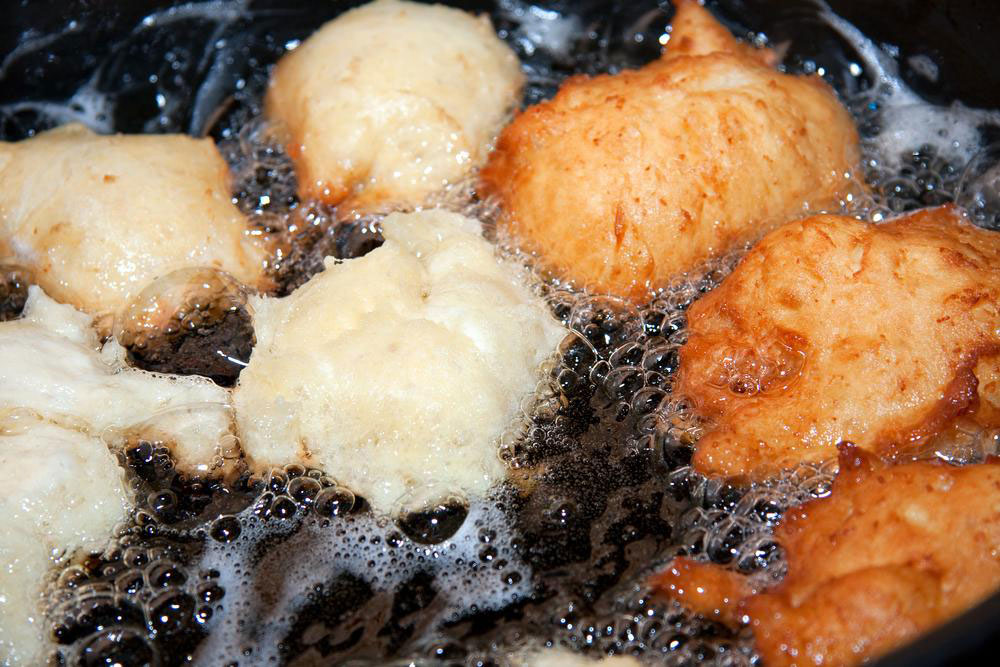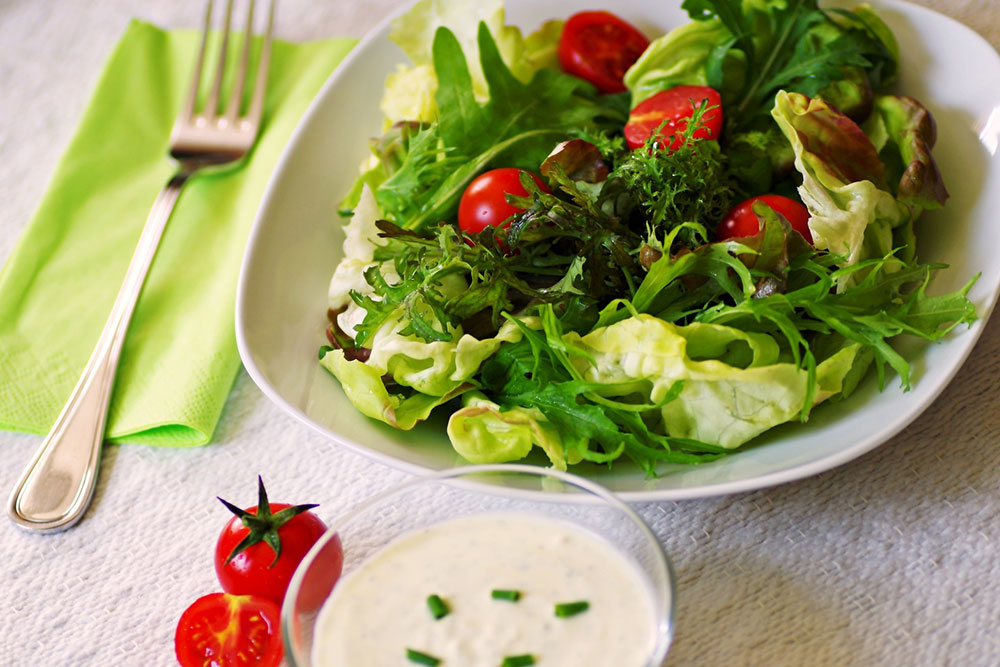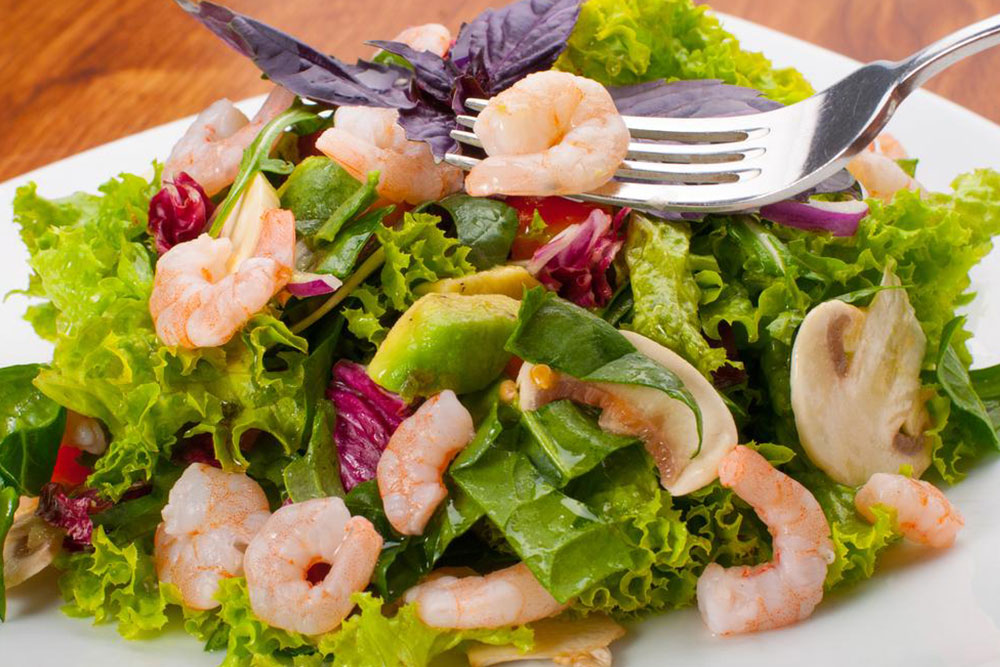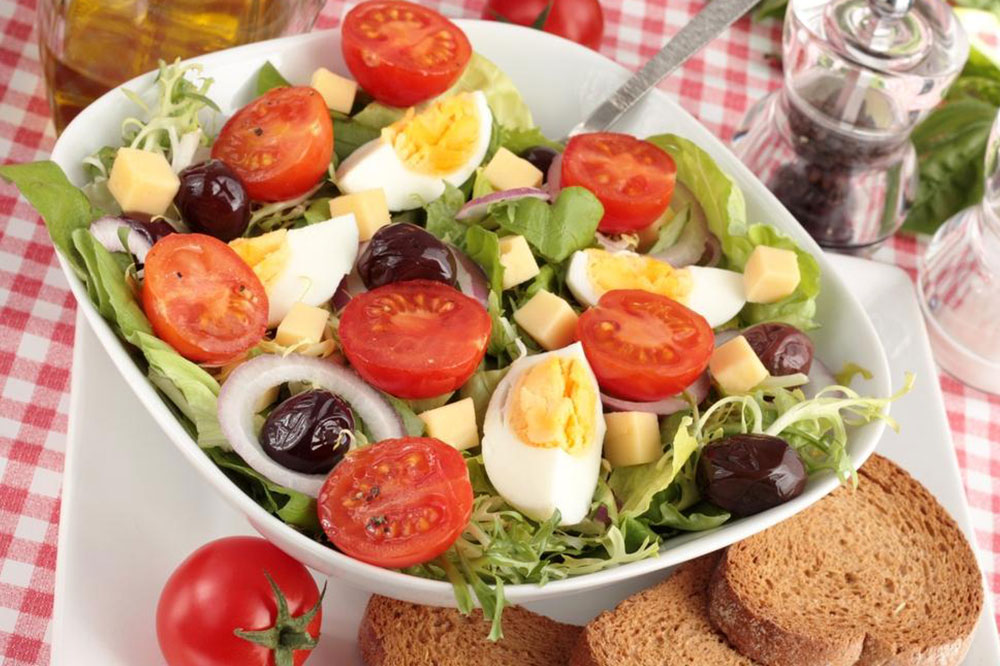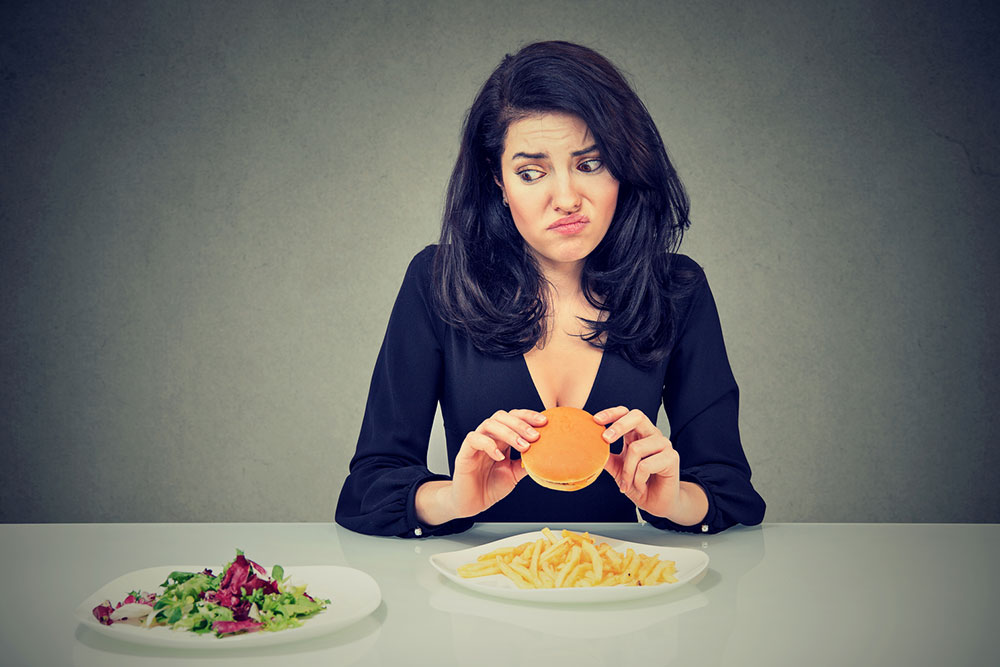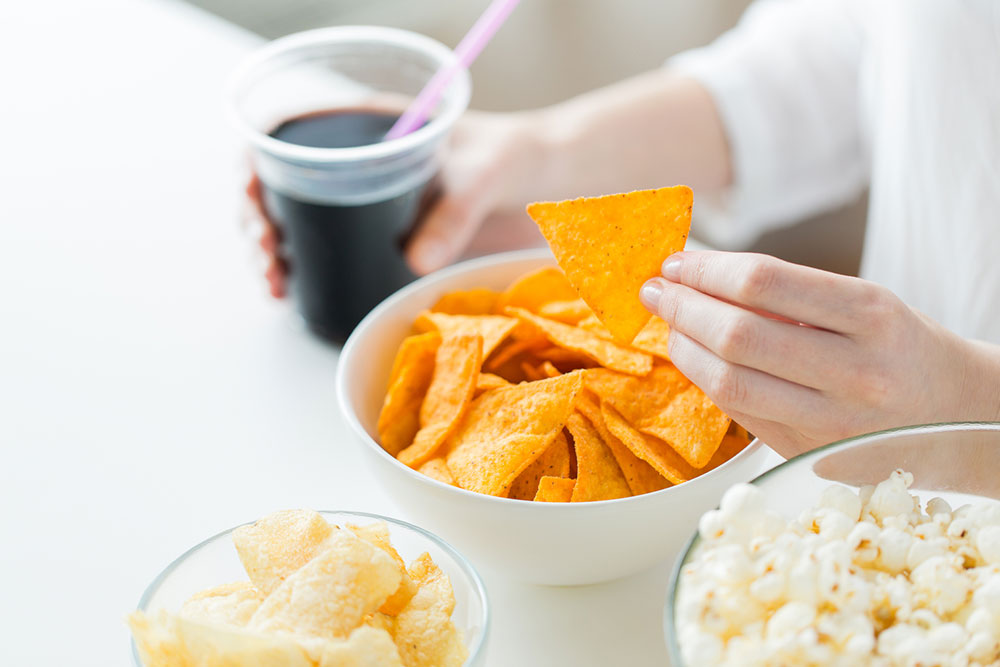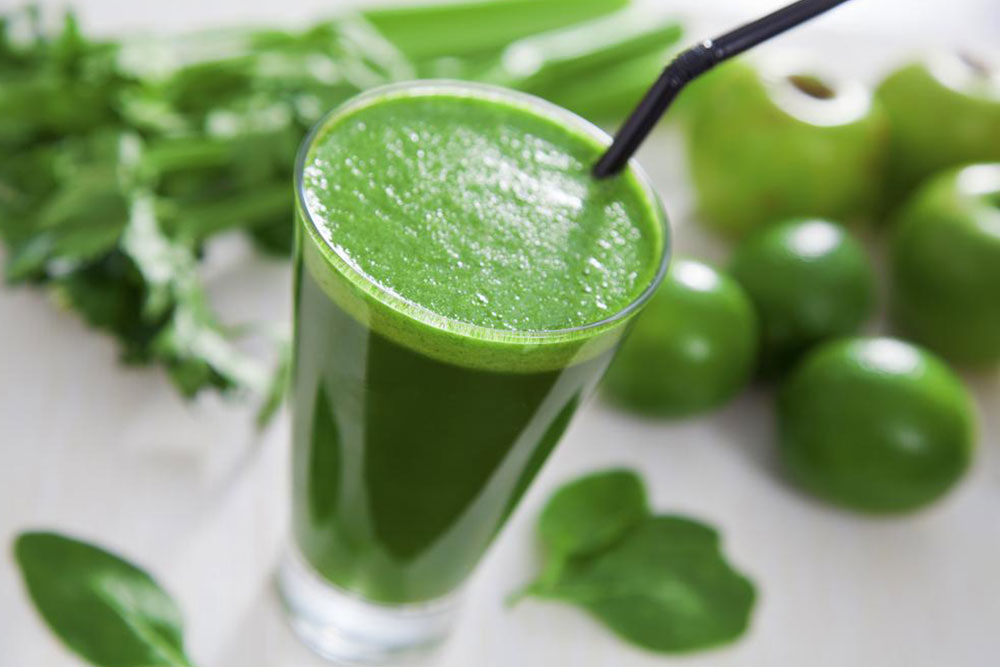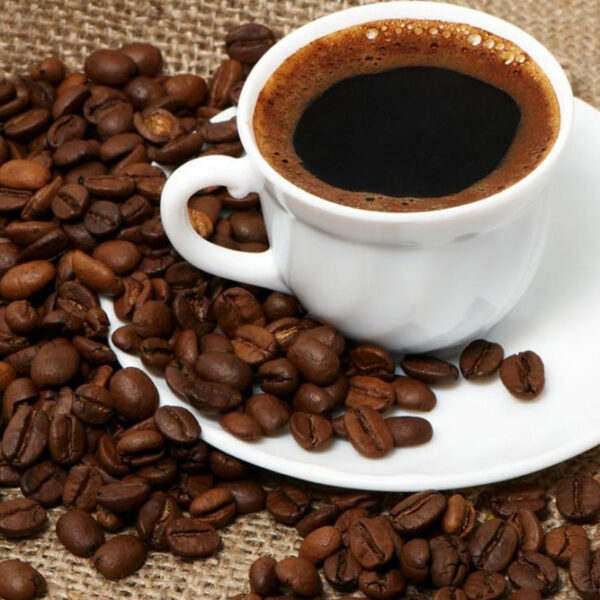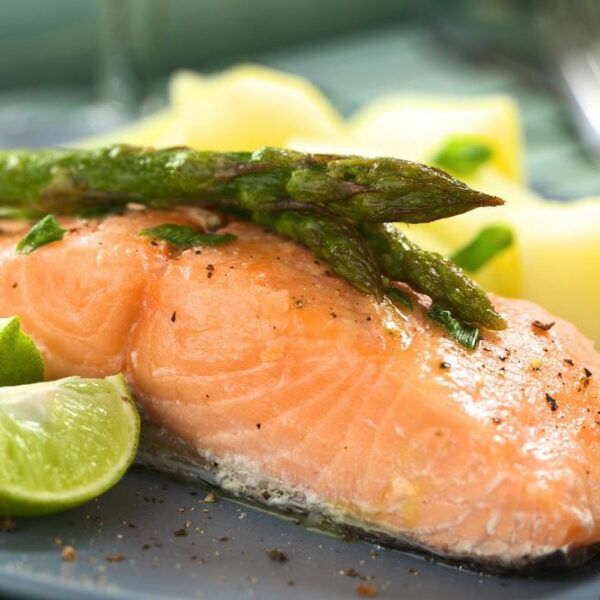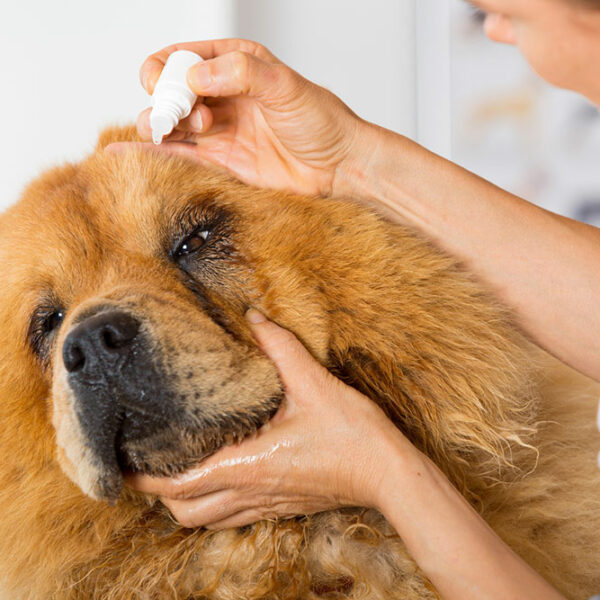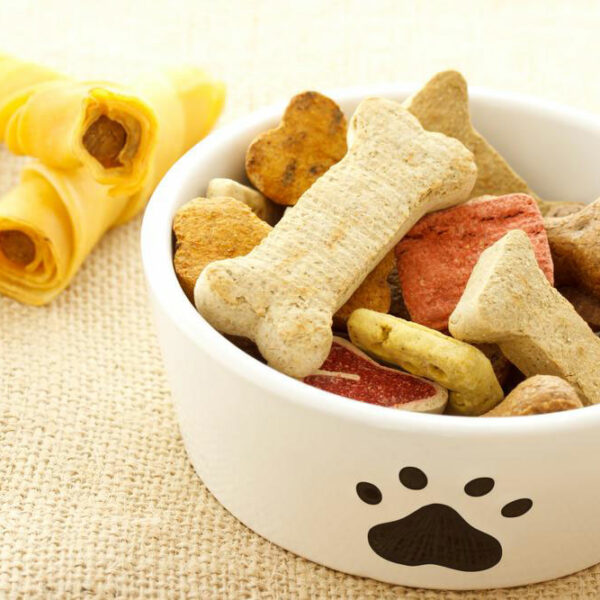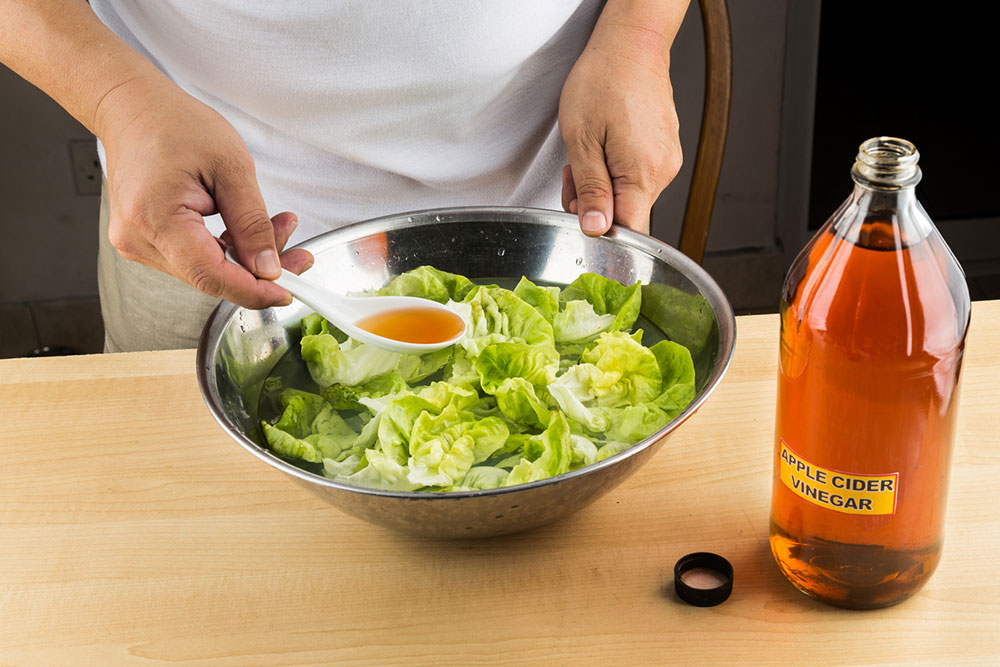
Diets & Meal Plans
Eczema Diet – Top Foods to Have
Those who suffer from eczema develop itchy skin feel constant inflammation, and one of the main triggers of this condition is food. So, eczema patients must add the right food to their diet, which mainly comprises foods that can naturally help the healing process. These foods must contain substances that stimulate the body’s immune system to release anti-inflammatory compounds that are useful to reduce redness and itching. Herein, we discuss some of the foods that are beneficial for those suffering from eczema. Foods with Fatty Acids Fatty acids are useful in fighting inflammation. They provide nutrients that protect and rejuvenate the skin, reducing the symptoms of eczema. The essential fatty acids are found in whole grains like brown rice, quinoa, oats, barley, seeds, nuts, plant oils, and avocado. Omega-3 fatty acids are especially useful in fighting inflammation. It is found in fish like salmon, mackerel, tuna, and sardines. It is recommended to consume at least 250 mg of Omega-3 fatty acids daily. Apart from fighting inflammation, these compounds are also good for the heart. Foods with Quercetin There are several fruits and vegetables like apples, avocado, kale, berries, cherries, broccoli, and spinach that contain a flavonoid called quercetin. It gives the natural color to fruits and vegetables. Quercetin helps reduce inflammation and acts as a natural antihistamine to fight allergies. Foods with Beta-carotene Beta-carotene is an antioxidant that can neutralize free radicals, which is good for the skin. Beta-carotene is found in carrot, pepper, tomato, mango, squash, and leafy greens. Probiotic Foods Yogurt is a food that contains probiotics. These are food containing good bacteria that not only help in digestion but can also reduce allergies. Apart from yogurt, probiotics are found in soft cheese, sourdough bread, sauerkraut, and fermented pickles. Foods with Anthocyanin Anthocyanin is a pigment that adds color to food like red cabbage.
